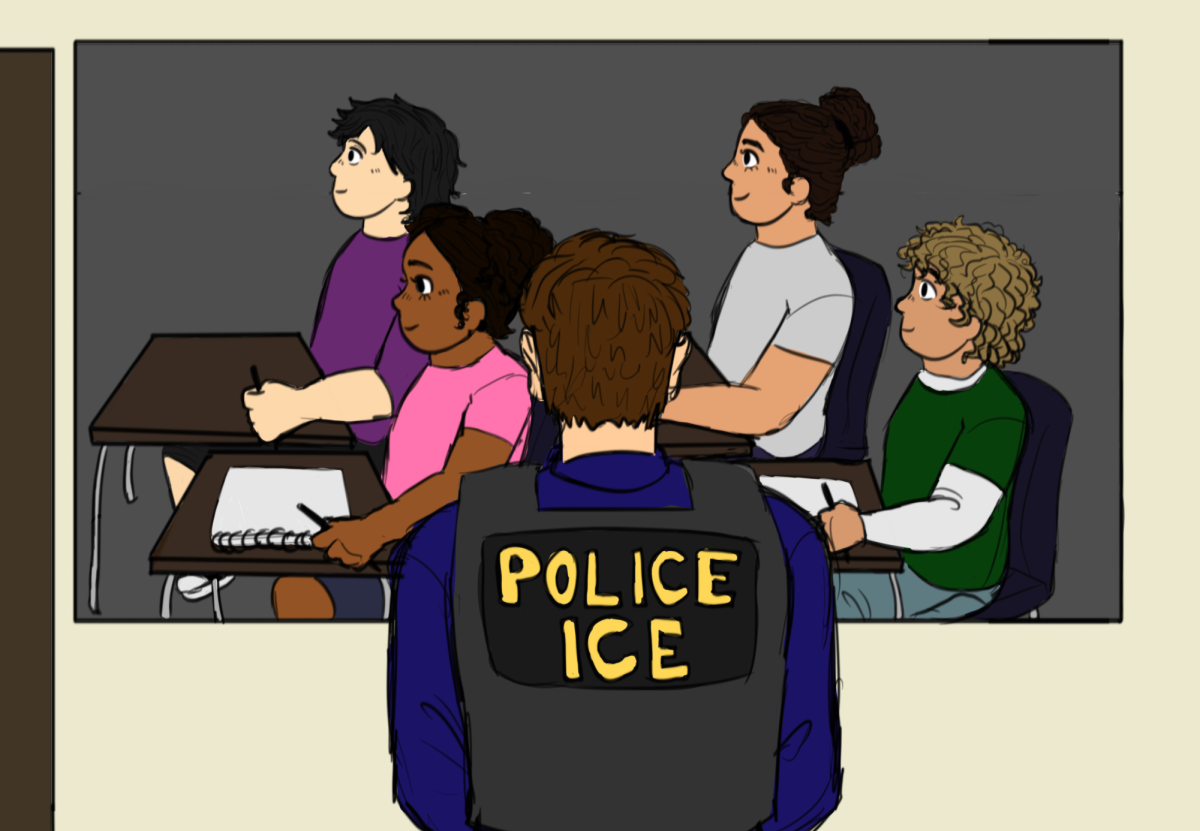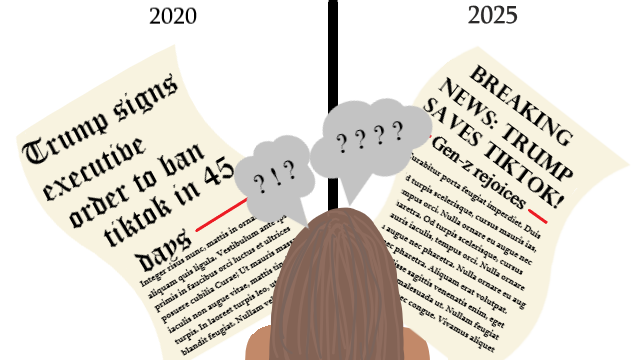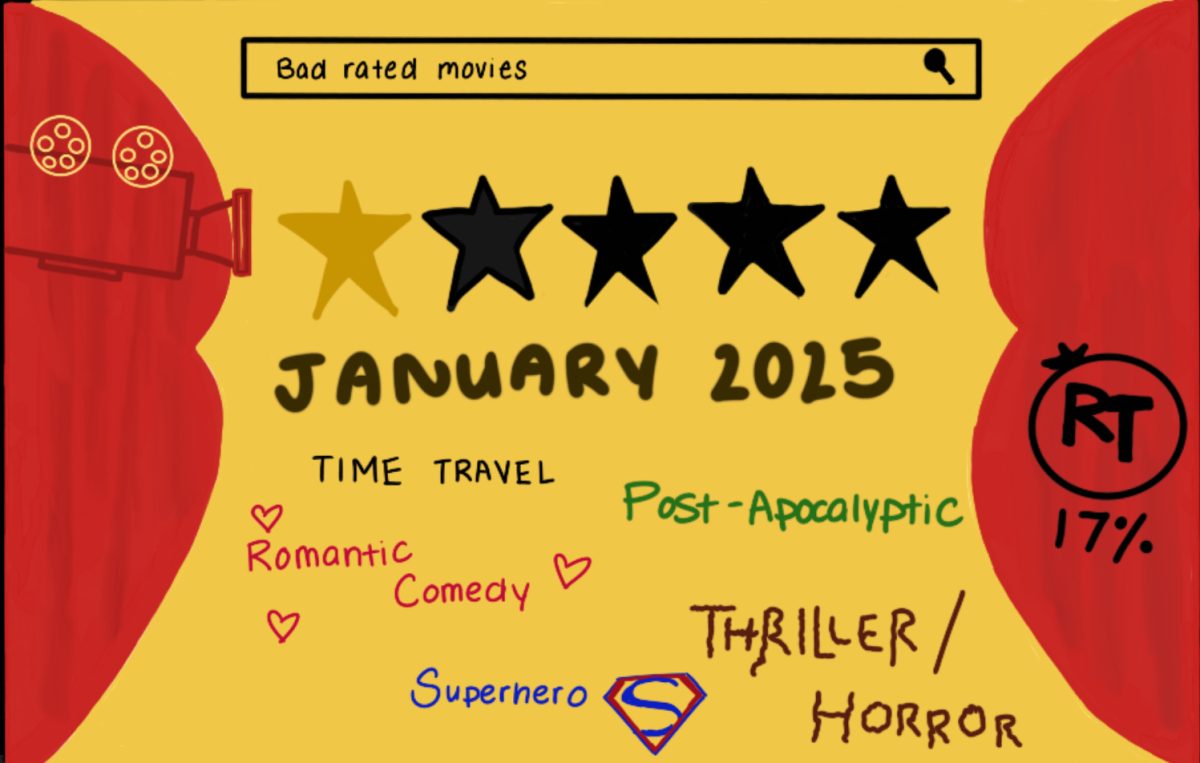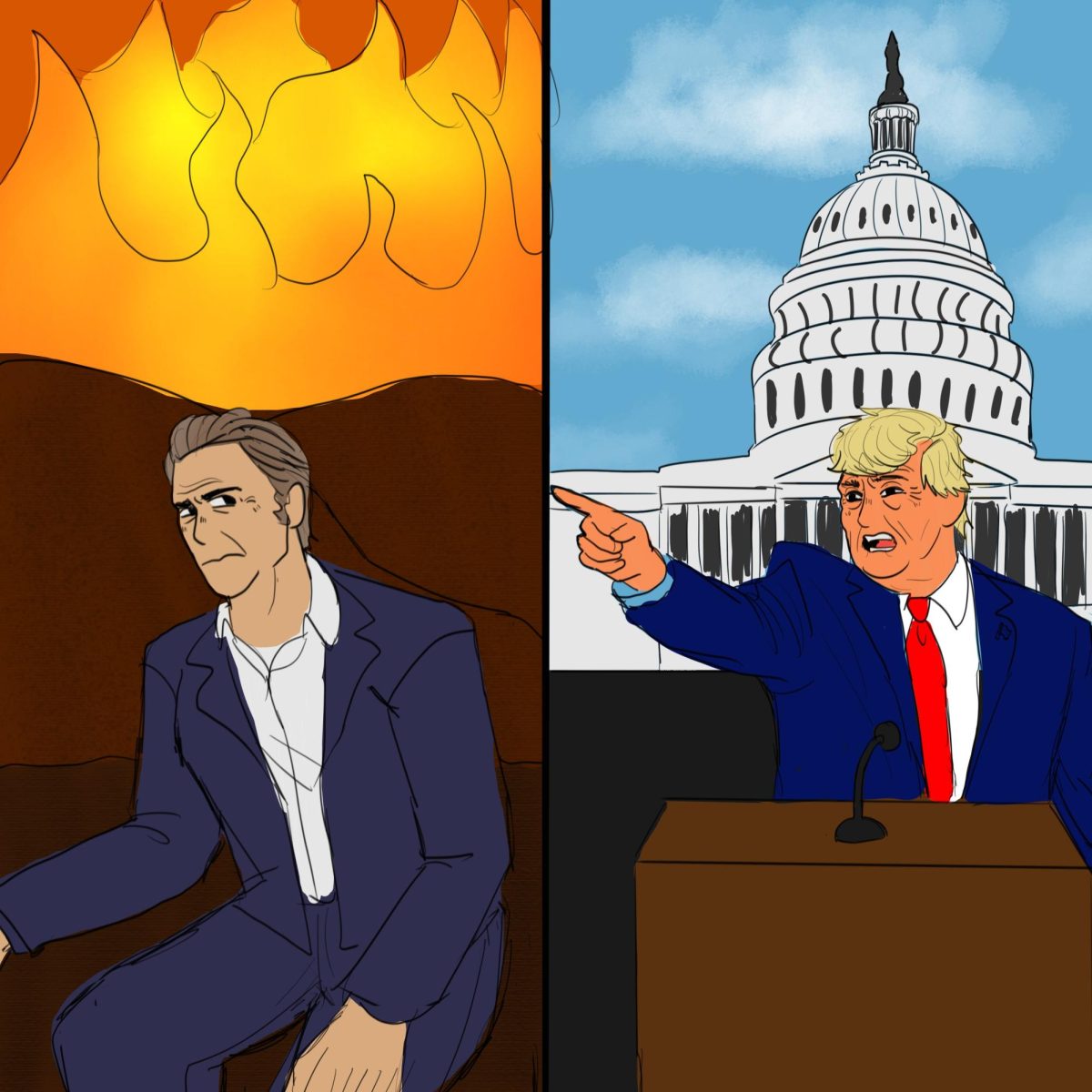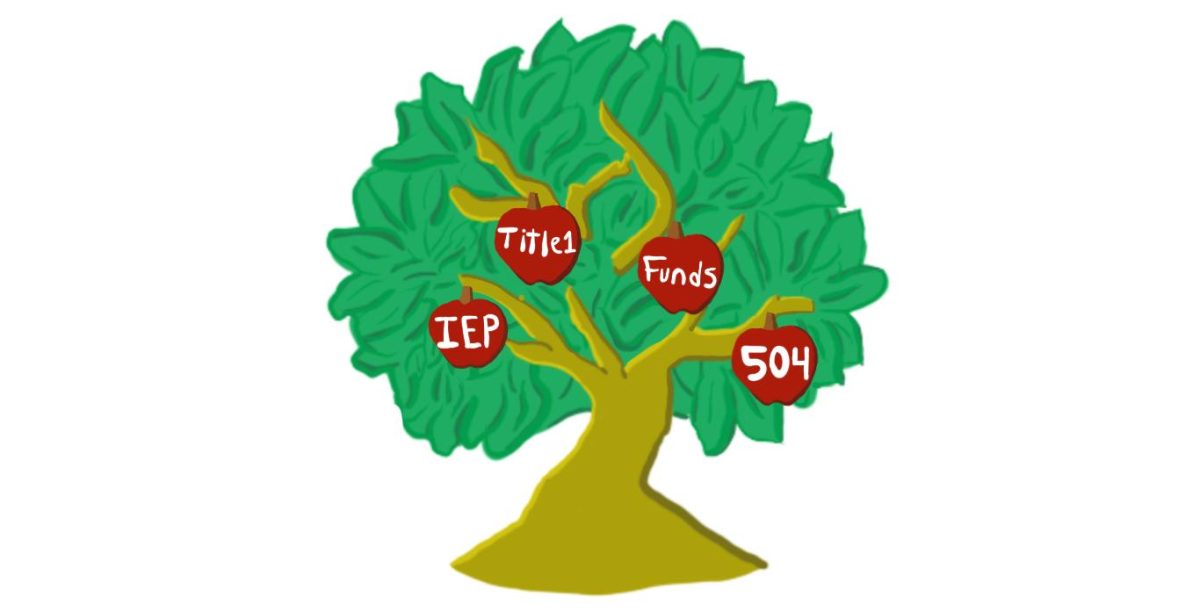On Feb. 26, Washington Post Owner Jeff Bezos released a statement announcing that the Post’s Opinion section will have a new emphasis on “two pillars: personal liberties and free markets…for America.” Following this initial statement, Bezos added that “viewpoints opposing those pillars will be left to be published by others.”
This is particularly concerning at a time where hostility against journalism (partisan and not) is increasing at the same rate as the price of eggs. When news publications like CNN and the Washington Post are being asked to leave their offices in the Pentagon and an AP News reporter is actively barred from the Oval Office, “pillars” like those pushed on The Post only further the harmful restrictions that have been prevailing in journalism.
The Post’s new limitations bring me extreme discomfort and disappointment. Managing the Opinion section at The Crusader has reinforced the preconceived notions I have surrounding the importance of free speech, and seeing a highly regarded, professional publication directly restrict that is daunting. The limitations put on the Washington Post’s Opinion section are deplorable and oppose the core values that flourish in journalism and democracy.
The purpose of journalism–to educate–is forever needed in a time where misinformation and propaganda spread like wildfire. The Opinion section, however, is arguably the most important section of any newspaper; its allowance of criticism and versatile viewpoints allows readers to interpret information, critically think and develop ideas for a better future.
The versatility of The Post’s Opinion section is now severely limited, and with that comes the limiting of information and critical thought. David Shipley left his position as Opinion editor at the Post in light of this change, and understandably so. The new restrictions feel like twisted foreshadowing to many loyalty-based moves to come, and as we have seen, loyalty can quickly translate to censoring ideas that “oppose those pillars.” That simply has no place in journalism, and I empathize with Shipley for making the decision to resign.
It is not possible to call yourself a journalist–a leader in freedom of the press–and put a focus on strict pillars while refusing to publish anything that opposes them.
I find beauty in managing the Opinion section of The Crusader because of my ability to spread strong messages, critiques and education amongst my peers and the masses. It is my hope that the Post reverts to its original form and versatility returns to the publication that is trusted by citizens in the US and abroad. Unfortunately, the likelihood of this happening seems low, but my responsibility lies in urging anyone reading this to seek diverse media and viewpoints.
Censorship prevailing with the facade of being American is a truly damning, undemocratic predicament.
“Opposing viewpoints,” whether that includes criticism or uncomfortable standpoints, should be met with understanding and thoughtful action, not limitations and censorship. The US Constitution implores freedom of speech and the press, but it seems this was forgotten in the new move by Bezos, someone who tirelessly parades “American values.”
It has always been my belief that journalism, whether student or professionally led, is necessary for the education of society. An unfortunate irony now exists in the Post’s slogan: Democracy dies in darkness. If these kinds of limitations continue, it sure will.






